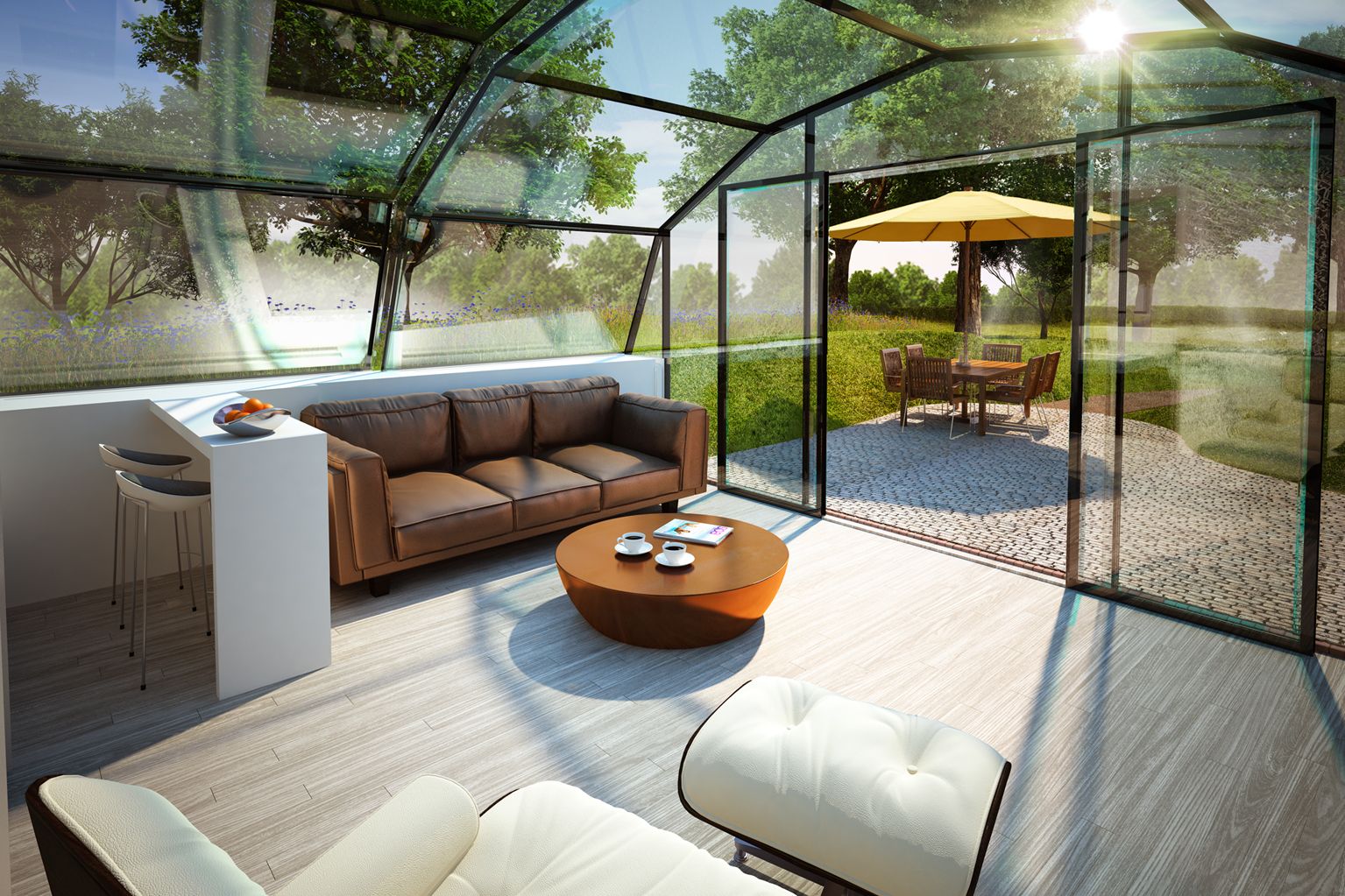This summer, a highly unconventional research project from the prestigious Oxford University will house research subjects in a glass house on Bornholm.
The project, which is scheduled to start at the end of June and stretch for six months, involves 30 Danish research subjects living in a custom-made glass house and being exposed to massive amounts of daylight in order to investigate the health-beneficial aspects associated with daylight.
“We know that daylight creates chemical reaction in the brain and the we really want to uncover the impact of these reactions,” said Katharina Wulff, a neuroscientist from Oxford University and a key member of the project.
“A previous study has revealed that schizophrenics gained an enormous beneficial effects from daylight because it stabilised their sleep patterns and circadian rhythms, which greatly influences the condition of schizophrenics.
READ MORE: Danish researchers helping the Orkney Islands to go green
Housing of the future?
Wulff contended that the project is expected to generate similar results by focussing on the effect of daylight on lifestyle diseases such as obesity, diabetes and stress and serious neurological illness like Parkinsons, Alzheimers, depression and schizophrenia.
The research project will be based out of the hotel and conference centre, Green Solution House in Rønne, and the 35 square-metre house – designed by the British company Cantifix and dubbed ‘The Photon Space’ – is composed completely of glass and will be made accessible simultaneously with the project as a new form of housing primarily aimed at the tourism industry.
That will occur with a version in which residents can regulate the transparency of the house themselves, thus regulating their privacy as desired.


![PhotonSpace GSH[1]](https://cphpost.dk/wp-content/uploads/2016/05/PhotonSpace-GSH1-1024x740.jpg)














